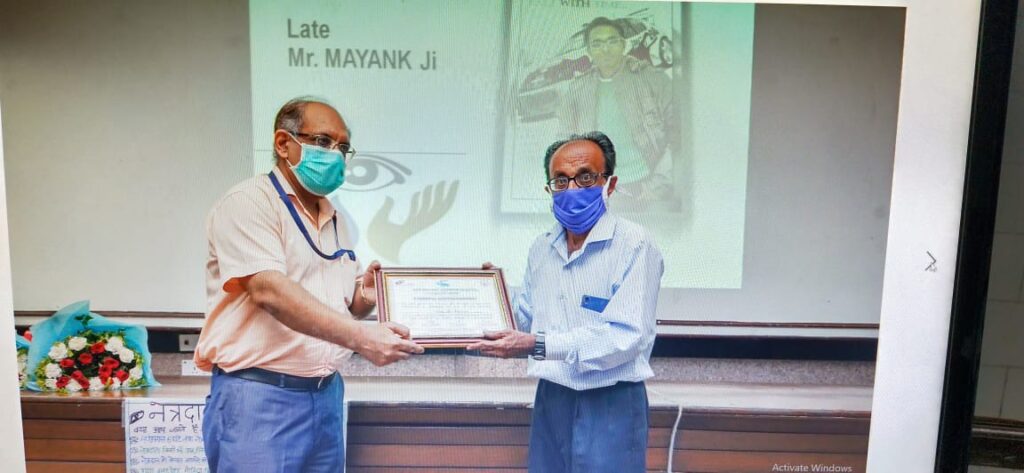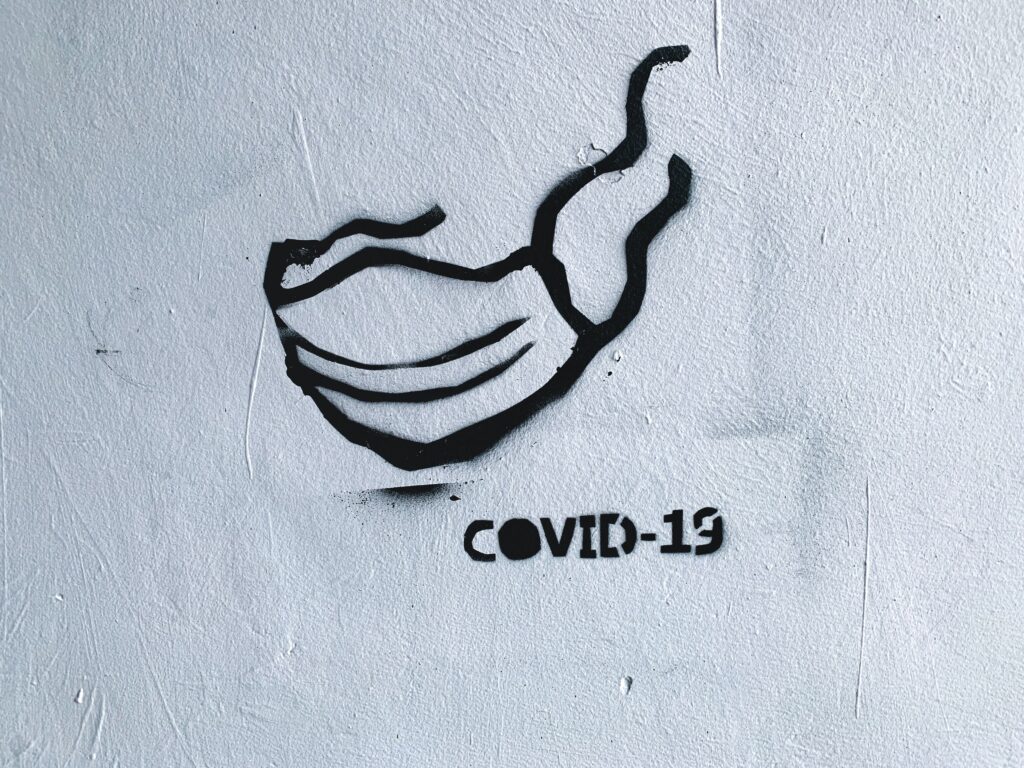Category Uncategorized
30 Mar
<strong>Preventive Measures – Kidney Health for All</strong>
The incidence of kidney disease has been steadily rising. According to studies, young people are being affected more than ever, which raises a huge concern among global kidney communities. In our efforts to take corrective steps to check prevalence of the disease, KWF decided to focus work around ‘Preventive Measures’ in 2021. We conducted a […]
READ MORE2 May
Clinical Research – The Backbone of Medical Progress
While getting clinical trials down in western countries seems the road forward, we have found great hesitancy for our people in India to get experimental.
READ MORE2 May
Our Donors – Believers in our Cause
Kidney Warriors Foundation is grateful to have some huge hearts willing to help. Our initiatives would not have been successful without their contribution. If you feel inspired by them, please donate to help our cause. Donations made to Kidney Warriors Foundation are eligible for tax exemption under section 80G.
READ MORE30 Dec
The gift of eyes by a kidney warrior!
When our caregiver warrior, Virendra Singhal showed immense generosity in his moment of grief. Mayank Singhal was diagnosed with CKD as a result of Alport Syndrome at a young age, when he was happy and carefree, and full of dreams for a bright future and a career. The diagnosis and treatment that followed put an […]
READ MORE30 Dec
YOGA CLASSES FOR PHYSICAL AND MENTAL WELLBEING OF KIDNEY WARRIORS
Online Yoga classes conducted by our caregiver member Saurabh Agrawal For people with CKD, physical activity is imperative in order to overcome the manifold side effects of dialysis and medications. Although walking is considered the best form of exercise, it can be supported by other forms for better outcomes. Yoga is one such form that […]
READ MORE1 Aug
COVID19 — Building of a crescendo
The coronavirus raised its hood in advanced countries in Europe and the United States of America sometime in December 2019. In early March, when travel restrictions were being applied, foreseeing problems in supply of imported medicines and consumables, KWF took a preemptive step to warn patients to stock medicines. When the Government promoted social distancing, […]
READ MOREALL CONTACTS
- B 504, Vrindavan Co-op Housing Society, Goregaon Link Road, Mulund (W), Mumbai – 400 080
- +91 81082 82100
- kidneywarriors.organisation@gmail.com
SUBSCRIBE
Stay connected with KWF by subscribing to our newsletter for the latest updates and news.
- Copyright © 2020 Kidney Warriors Foundation







